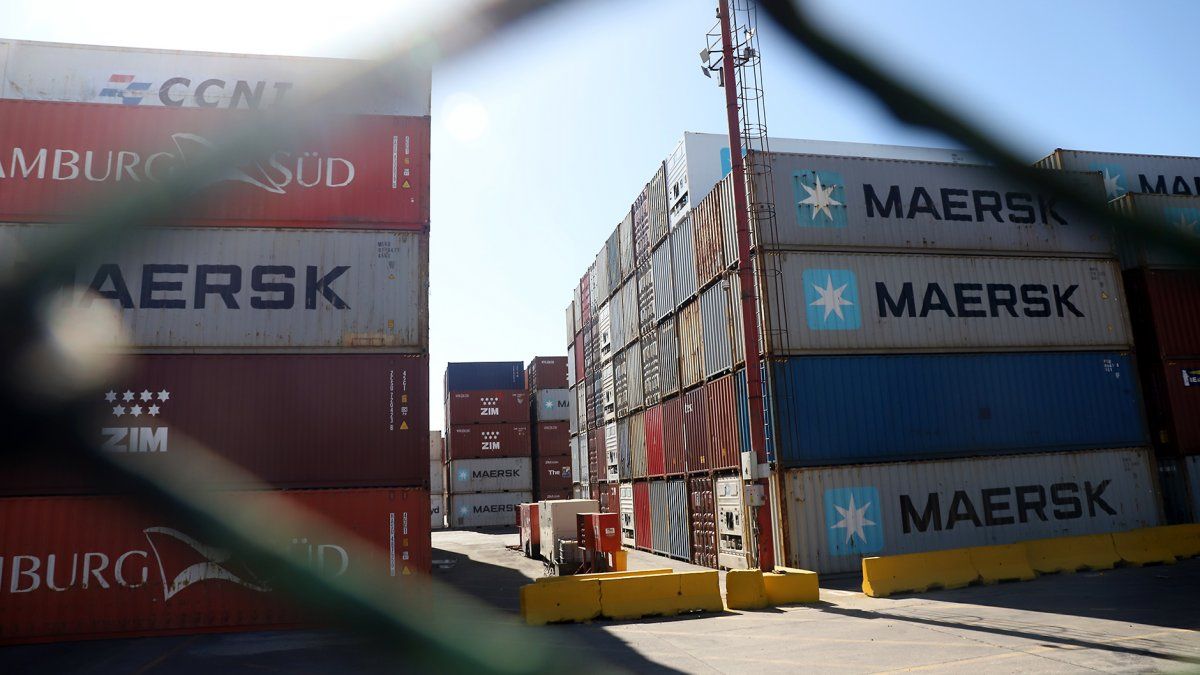In the advance that this medium managed to know, it is explained that the Central Bank of the Argentine Republic (BCRA) sets the “obligation to enter and settle, within a determined period, the currencies derived from exports in the official exchange market”. That, for their part, the rules of said entity establish a system of “monitoring of foreign exchange negotiations for exports of goods” (SECOEXPO), which contains an information regime that is applied by both the CENTRAL BANK OF THE ARGENTINE REPUBLIC and financial entities and exchange, and that allows to identify the degree of fulfillment of the aforementioned obligations”.
Green light to the decree of sanctions to exporting companies
“That the information emerging from the system can give rise to the investigation of summaries by the CENTRAL BANK OF THE ARGENTINE REPUBLIC, which seeksn penalize violations of the exchange regime, as well as the adoption of measures by other agencies and public entities within the scope of their respective powers,” it says.
“That, within this framework, in order to ensure control of the regularity of exchange and tax operations, it is advisable to systematize and communicate breaches of the obligation to enter and settle foreign currency, entrusting the preparation of a list of subjects who are in that situation and its referral to the FEDERAL ADMINISTRATION OF PUBLIC INCOME and to the SECRETARIAT OF AGRICULTURE, LIVESTOCK AND FISHERIES of the MINISTRY OF ECONOMY”, it adds.
The sanctions
At the same time, the Central Bank is instructed to carry out a “review” within 10 calendar days and update of the system as well as the “list of subjects who have made exports and who have not complied, in due time and form, with the obligation to settle foreign exchange transactions in the official exchange market”.
At the same time, it is stated that the body led by Miguel Pesce will initiate the proceedings and will suspend the possibility of operating in the exchange market for those subjects that do not comply with the regulations.
For its part, from the Federal Administration of Public Revenues (AFIP) it is established that fiscal conduct will be evaluated and the General Directorate of Customs may order the “suspension of the registry of Importers and Exporters provided for in the Customs Code, Law No. 22,415” . For its part, the Ministry of Agriculture of the Nation may also order the preventive suspension of the operator of the Single Registry of Operators of the Agroindustrial Chain (RUCA).
The draft decree to which this newspaper had access instructs the BCRA to resume the function of comptroller and a permanent and systemic monitoring of export currency negotiations.
The report that motivated the measure
Last week, it was announced that an investigation was carried out between AFIP-Customs and the Treasury detailing breaches registered in the liquidation of a hundred firms (with a high percentage of Simplified Stock Companies- SAS) that add up in the period 2019 to 2022 a total of US$3,769 million never entered.
Of the total, defaults accumulated US$74 million in 2019; they climbed to $1,144.54 million in 2020; they were reduced to u$s865.52 in 2021; they shot up again to $1,228.58 in 2022; and accumulate US$456 million in the first quarter of this year alone. The destination of the amounts involved ends up being deposited abroad or re-entered via CCL, taking advantage of the exchange rate gap. The list of companies is not only under scrutiny, but they were also reported to the UIF, with the aim of starting investigations for alleged money laundering.
The ranking is headed by exporting firms where the main one is cut at the top with US$692,487,264, followed at a distance by a cereal company with US$89,921,939 not liquidated and with food, energy, fishing, tanneries, livestock and SAS, one of the examples of companies of this type that make up a broad group of those involved in the total ranking to which Ámbito had access.
Source: Ambito




